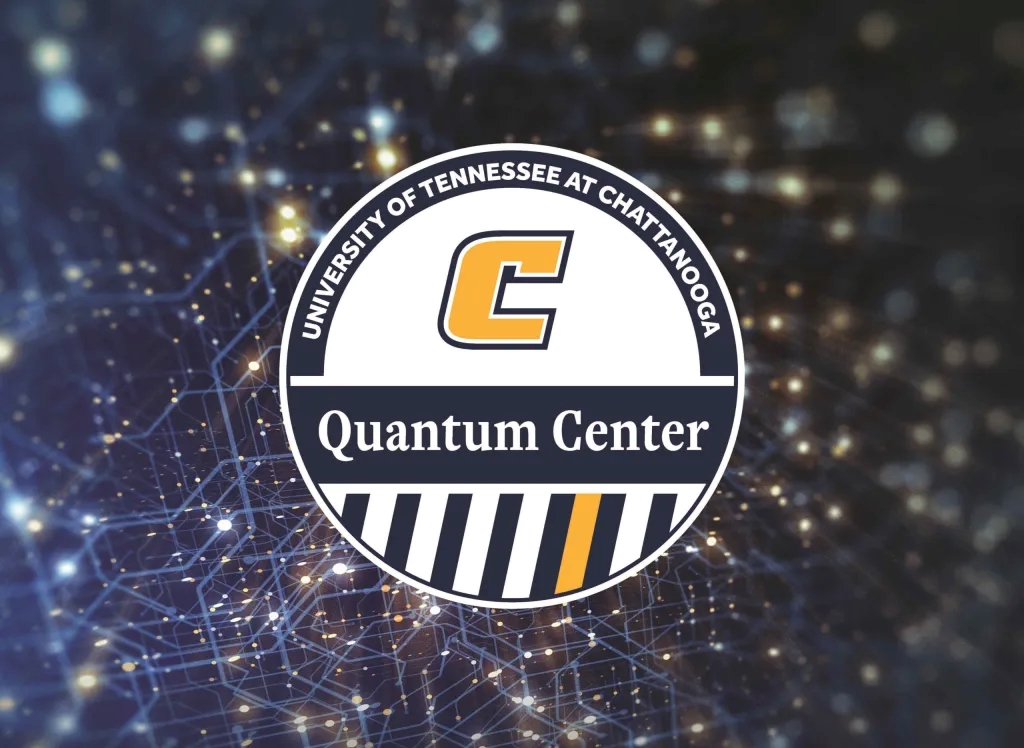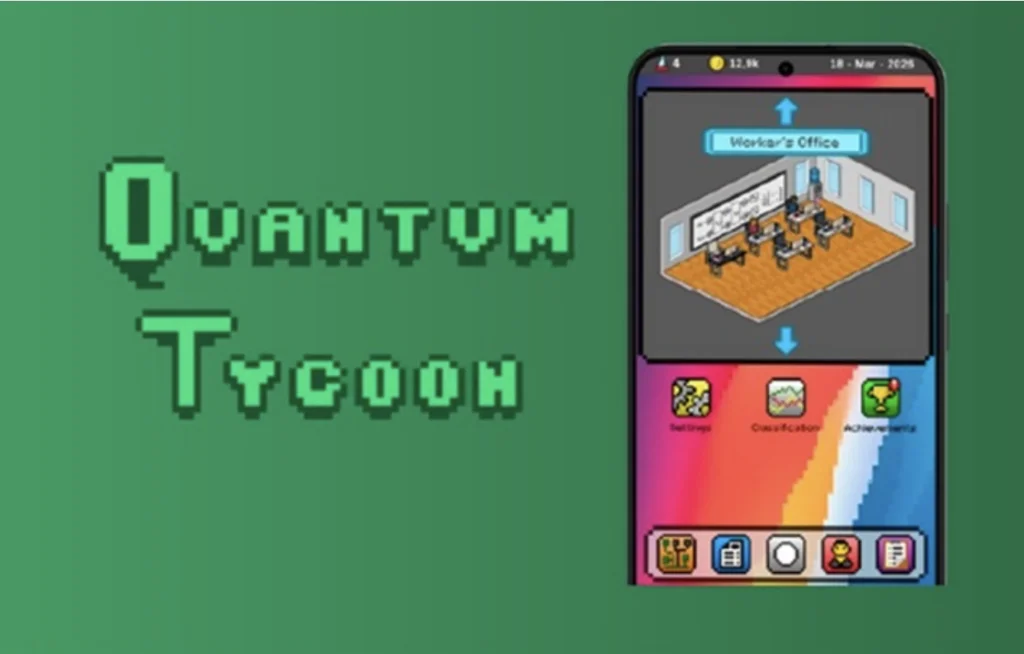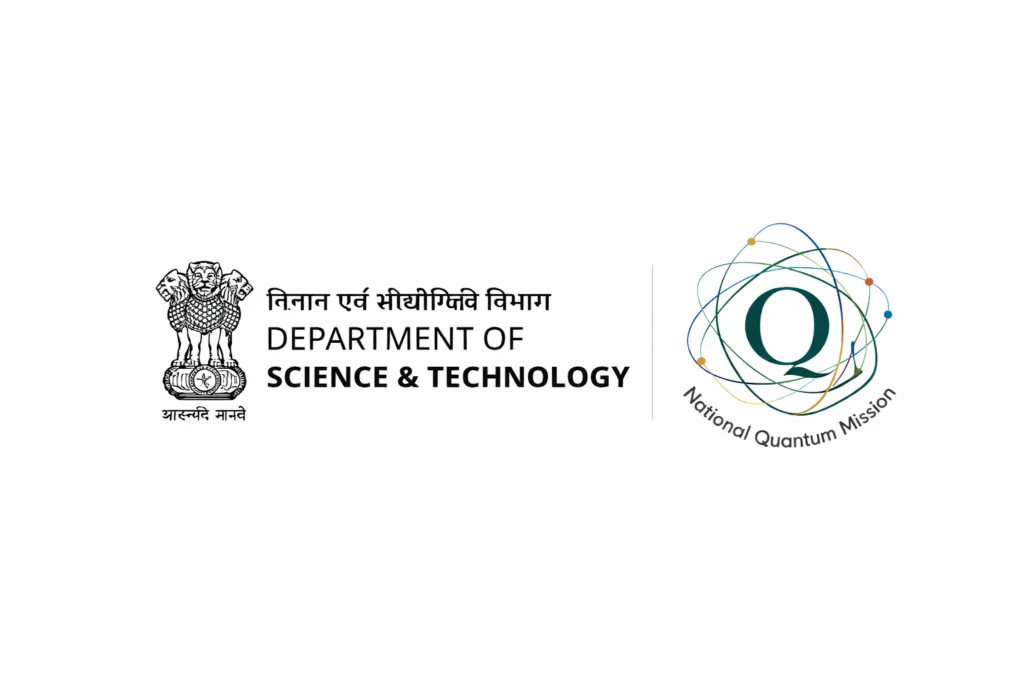Insider Brief:
- The University of Tennessee at Chattanooga secured a $3.5 million grant from NIST to establish the UTC Quantum Center, focusing on infrastructure, education, research, and business development in quantum information science and engineering.
- UTC plans to enhance connections to the EPB Quantum Network, introduce QISE certificate courses, and develop M.S. and Ph.D. programs while engaging in K-12 outreach to inspire future scientists, particularly in underserved communities.
- The center will focus on quantum computing, sensing, and networking research, tackling real-world challenges such as energy optimization and smart city mobility, in collaboration with entities like the Tennessee Valley Authority and the UTC Center for Urban Informatics and Progress.
- Additional efforts include securing public and private funding and expanding partnerships with Oak Ridge National Laboratory and other institutions to contribute to Tennessee’s economic development.
PRESS RELEASE — In a recent update, the University of Tennessee at Chattanooga announced $3.5 million in funding from the National Institute of Standards and Technology, a federal agency under the U.S. Department of Commerce. This grant, spanning four years, will establish the UTC Quantum Center, focusing on infrastructure, education, research, and business development. According to UTC Vice Chancellor for Research Dr. Reinhold Mann, the initiative is central to supporting the development of quantum information science and engineering at the university.
Building a Foundation in Quantum Science
UTC’s quantum initiative began in 2022, emphasizing education and workforce development. The center intends to further explore QISE applications in urban systems, energy, cybersecurity, AI, and mobility. “The focus on quantum information science and engineering is a new direction for UTC,” Mann stated. “The Quantum Center represents important opportunities for our students, the community, and research collaborations.”
Key infrastructure goals include enhancing connections to EPB’s commercial quantum network. The EPB Quantum Network, powered by Qubitekk, is the first commercially available quantum network in the U.S., designed for private companies, government, and university researchers to advance quantum technologies. Built on EPB’s advanced fiber-optic infrastructure, it enables secure quantum communication and supports the integration and development of quantum products.

The education component of UTC’s goals includes introducing new QISE certificate courses, with plans to offer M.S. and Ph.D. degrees. Outreach programs will focus on K-12 education, particularly in underserved communities, using quantum expertise to inspire future scientists.
Research and Development, Securing Sustainability, and Regional Impact
The Quantum Center will investigate quantum computing, sensing, and networking applications. Projects will explore quantum’s role in energy optimization, supported by the Tennessee Valley Authority, and smart city mobility challenges through the UTC Center for Urban Informatics and Progress. “The Quantum Center will strategically align investment of R&D with areas of national and regional need,” Mann emphasized. “Similarly, we will launch projects in collaboration with the UTC Center for Urban Informatics and Progress to evaluate quantum advantage in developing intelligent systems to solve complex mobility and transportation problems in smart cities with overall goals to improve quality of life and sustainability of growing communities.”
The Quantum Center’s sustainability strategy includes public and private funding, graduate fellowships, and faculty support. Dr. Tian Li, UTC’s assistant professor of physics and chief technology officer for the center, highlighted the overall potential of the funding, stating “The $3.5-million funding comes at a pivotal moment, enabling UTC as an emerging research institution to expand its role in the forefront of quantum information science and engineering. This timely investment empowers us to undertake ambitious, high-impact research in areas like distributed quantum sensing, quantum control and multipartite entanglement generation.”
As the center grows, it will strengthen partnerships across the University of Tennessee system and with Oak Ridge National Laboratory. “Our Quantum Center is going to be an important asset for economic development in Tennessee,” Mann concluded.














